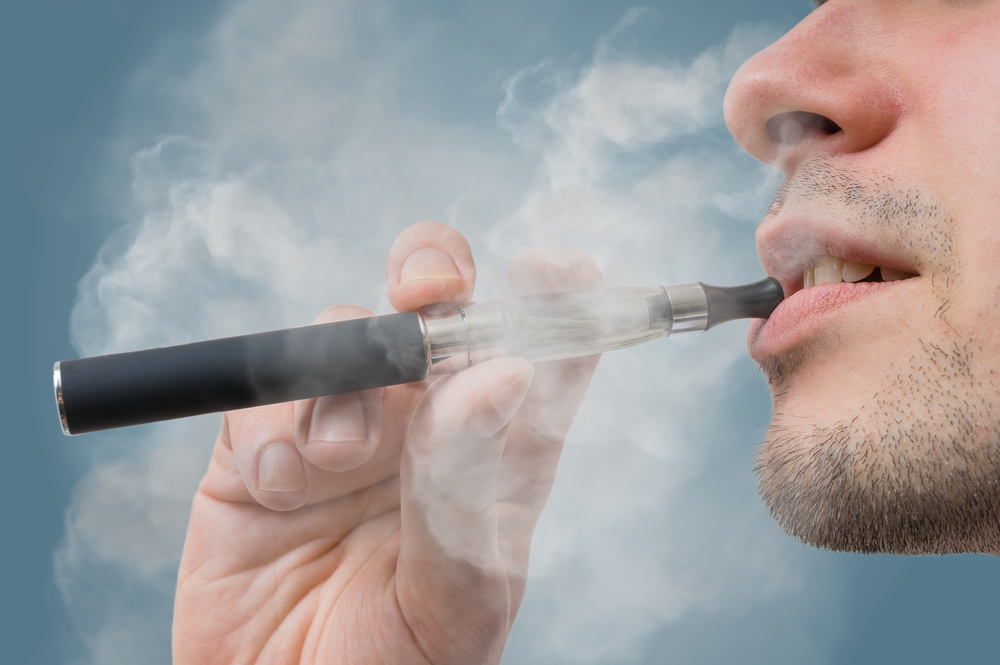Vaping has grown rapidly in popularity over the last decade, leading to increased attention from governments and regulators around the world. While many people view vaping as a safer alternative to smoking, its legal status varies widely depending on where you live. In this blog, we’ll explore the key legal issues surrounding vaping and provide insights into what you need to know.
The Legal Landscape: Global Variations
The legality of vaping differs dramatically across countries and even within regions of a country. In some places, vaping is completely legal, while in others, it is highly restricted or even banned. For instance, in the United States, vaping is generally legal, but certain states have imposed additional restrictions on sales, advertising, and public use. On the other hand, countries like Australia have banned vaping entirely, with severe penalties for possession or use of e-cigarettes.
In Europe, many countries have legalized vaping, but they have stringent regulations in place to govern its sale and use. The European Union, for example, has implemented the Tobacco Products Directive, which sets standards for e-cigarettes, including limits on nicotine strength and packaging requirements.
Age Restrictions: Who Can Vape?
One of the most common legal restrictions surrounding vaping involves age. In most countries, the minimum age to purchase vaping products is similar to that for tobacco. In the U.S., the legal age to buy vaping products is 21, a law that was passed in 2019. Similarly, the UK, Canada, and much of the EU set the minimum purchase age at 18. Vape kits, which include everything needed to start vaping, provide users with a customizable experience, allowing them to choose from various e-liquids and nicotine strengths to suit their preferences.
However, the enforcement of these laws can vary, and some regions are more diligent than others in ensuring that retailers are complying with age restrictions. As a result, it’s essential for both consumers and businesses to be aware of the legal age in their area and adhere to it.
Advertising and Marketing: What Can and Can’t Be Done?
Vaping products, like traditional tobacco products, are subject to strict rules regarding advertising and marketing. In many countries, it is illegal to advertise e-cigarettes on TV, in print, or on social media. For example, the European Union has placed severe restrictions on how vaping products can be marketed, aiming to limit exposure to minors and non-smokers.
In the U.S., the Food and Drug Administration (FDA) also regulates vaping product advertisements, but enforcement has been inconsistent. The rise of influencer marketing and online promotions has made it harder to control how products are marketed, particularly to younger audiences.
As a result, businesses involved in the vaping industry need to be mindful of the specific advertising rules in their jurisdiction to avoid fines and penalties.
Public Usage: Where Can You Vape?
Just like smoking, vaping is subject to regulations about where you can use e-cigarettes. Many public spaces, including airports, restaurants, and government buildings, prohibit the use of vaping products. In the U.S., some states have extended smoking bans to include vaping, while others have created specific regulations around it.
The legal status of vaping in public spaces is still evolving, as some municipalities and countries are considering whether to treat vaping like smoking, restricting it to designated areas only. This makes it essential for vapers to stay informed about local ordinances and public space regulations to avoid fines or legal trouble.
The Future of Vaping Regulations
As vaping continues to grow in popularity, it is likely that governments around the world will continue to evolve and refine the laws surrounding it. There may be further regulation on product standards, health warnings, and the sale of flavored e-liquids, as these areas remain contentious.
In conclusion, while vaping may be legal in many places, the specific regulations can vary greatly. It’s essential for vapers and those involved in the industry to stay informed about local laws and ensure compliance with age restrictions, marketing regulations, and public usage rules. By doing so, you can enjoy vaping responsibly and avoid unnecessary legal issues.







